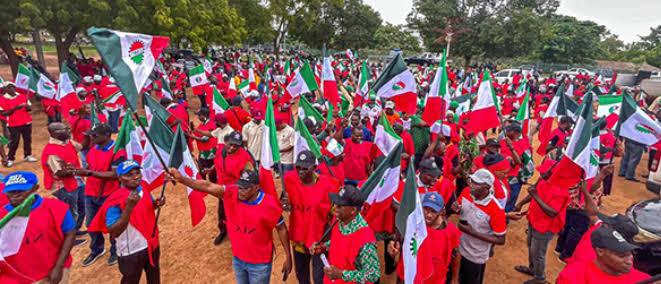The Nigeria Labour Congress (NLC) has suspended its planned nationwide protest against the recent 50% hike in telecom tariffs following a high-stakes meeting with government officials on February 3, 2025. The decision comes after extensive discussions with representatives from the Federal Government at the Office of the Secretary to the Government of the Federation.
In a significant development, both parties agreed to form a 10-member joint review committee, with five representatives from each side, to reassess the telecom tariff structure. This committee is tasked with analyzing the pricing model and proposing fair and inclusive solutions that address public concerns. The committee has been given a strict two-week deadline, with findings expected to be submitted by February 17, 2025.
While the NLC has temporarily called off street protests and postponed the symbolic submission of protest letters initially planned for today, it has made it clear that further actions—including potential demonstrations, service boycotts, or mass withdrawals—will depend on the committee’s recommendations.
Read also: NLC announces nationwide protest over telecom tariff hike
Beyond telecom tariffs, the NLC also raised alarms over rising electricity prices and excessive taxation, calling for urgent government intervention to ease economic hardships on Nigerians. These additional grievances indicate that labor unrest could resurface if meaningful solutions are not reached.
The suspension of the protest has sparked mixed reactions on social media, particularly on X (formerly Twitter), where many Nigerians have expressed cautious optimism. While some users applaud the decision to prioritize dialogue, others remain skeptical, fearing that the government may not implement the expected reforms.
With the telecom sector and millions of subscribers closely watching, the next two weeks will be crucial in determining whether the NLC’s engagement with the government leads to tangible relief or reignites public agitation. The outcome of the review committee’s findings could significantly shape telecom policy and broader economic reforms in Nigeria.






